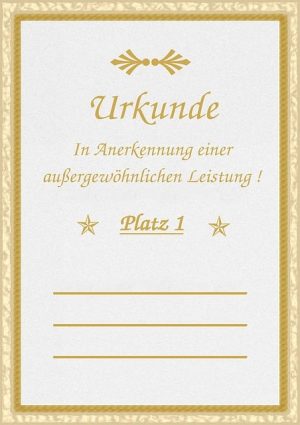In the competitive UK market, Compliance Certificate Translation Services are vital for international business success. Accurate translations are essential to avoid legal pitfalls and delays in regulated sectors like healthcare and finance. Reputable UK translators with industry expertise offer a hybrid approach combining machine translation and human proficiency to ensure compliance and credibility. Choosing providers specializing in Compliance Certificates UK translation services is key, leveraging rigorous QA processes, subject matter expertise, and advanced technology for error-free translations that meet the highest legal standards. This facilitates global expansion while preserving document integrity in today's digital era.
In today’s globalized business landscape, accurate compliance certificate translation services are non-negotiable. Understanding the legal significance of these documents is crucial for navigating regulated industries, especially in the UK market. This article delves into the intricacies of compliance certificates, exploring challenges in translation, the benefits of professional services, key selection factors, and emerging technologies. From quality assurance to real-world case studies, we provide insights essential for businesses aiming to master global compliance certificate management.
- Understanding Compliance Certificates and Their Legal Significance
- The Challenges of Accurate Translation in a Regulated Environment
- Why Choose Professional Translation Services for Certifications?
- Key Factors to Consider When Selecting a Compliance Certificate Translator
- Advanced Technologies in Machine Translation vs Human Expertise
- Quality Assurance Processes for Ensuring Accuracy in Translations
- Case Studies: Successful UK Compliance Certificate Translation Projects
- Common Mistakes to Avoid During the Translation Process
- Future Trends in Global Compliance Certificate Management
Understanding Compliance Certificates and Their Legal Significance
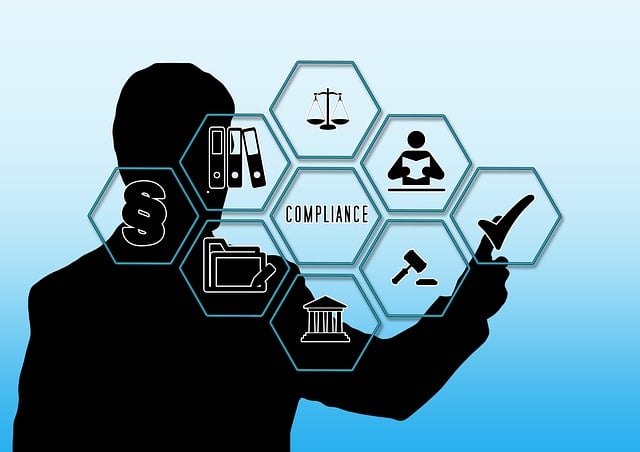
Compliance certificates are legal documents that play a crucial role in various industries, ensuring adherence to specific regulations and standards. These certificates verify that products, processes, or services meet the required legal criteria, thus facilitating trade and commerce. In the UK, where a diverse range of businesses operate within a stringent regulatory framework, accurate compliance certificate translation services have become essential.
When dealing with international transactions, it’s vital to have these certificates translated professionally to avoid legal complications. Poor translations may lead to misunderstandings, delays, or even legal disputes. Therefore, businesses should opt for specialist UK translation services that not only provide linguistic proficiency but also a deep understanding of the underlying regulatory context, ensuring compliance and facilitating seamless operations across borders.
The Challenges of Accurate Translation in a Regulated Environment
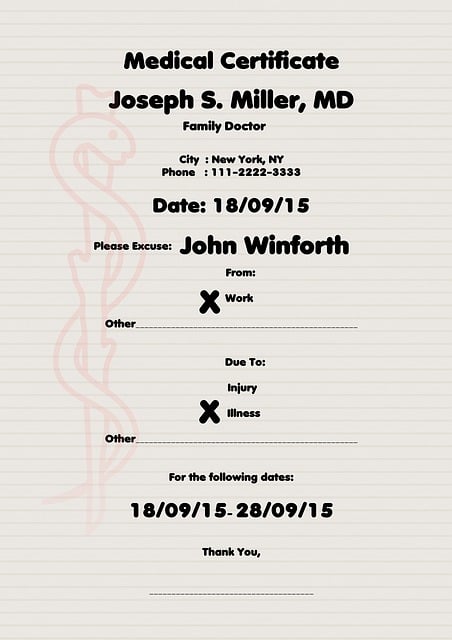
In the realm of regulated industries, such as healthcare and finance in the UK, accurate compliance certificate translation services are non-negotiable. The challenges here are multifaceted. Firstly, these sectors deal with highly specialised terminology that requires precise rendering into another language to maintain regulatory integrity. Mistranslations can lead to serious legal and financial consequences. Secondly, cultural nuances must be considered; what is acceptable in one language or context may not carry the same weight or meaning in another. Professional translators must have a deep understanding of both languages and their respective cultures to avoid these pitfalls.
Moreover, compliance certificates often involve technical or complex content that demands accuracy down to the smallest detail. This includes ensuring that all legal terminology, statistical data, and clinical trial results are conveyed faithfully and correctly. The stakes are high—a single error could invalidate an entire document, leading to delays, additional costs, and potential reputational damage for the organisation issuing the certificate. Thus, leveraging the expertise of reputable UK translation services is crucial to navigate these challenges effectively.
Why Choose Professional Translation Services for Certifications?

Choosing professional translation services for compliance certificates is paramount, especially in the UK where precision and accuracy are non-negotiable. These documents often carry significant legal weight, necessitating expert handling to avoid costly errors or misrepresentations. Professional translators possess not only a deep understanding of both source and target languages but also a keen eye for detail, ensuring that every term and phrase is accurately conveyed.
Unlike machine translations, which can be unreliable and lack the nuance required for such critical documents, human translators consider cultural contexts, idiomatic expressions, and regulatory nuances specific to the industry. This ensures that the translated compliance certificate not only meets legal standards but also effectively communicates the intended message to its audience. Professional translation services thus offer a safeguard against potential legal pitfalls, ensuring your documents are both compliant and credible.
Key Factors to Consider When Selecting a Compliance Certificate Translator
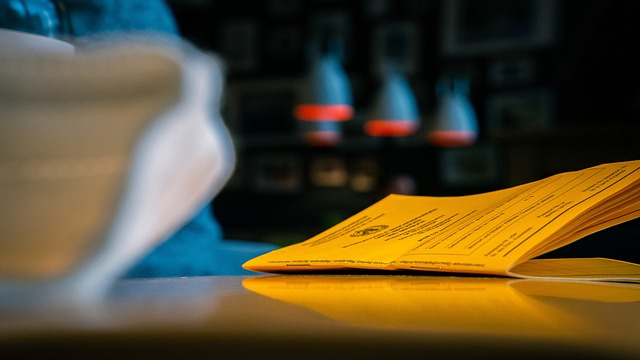
When selecting a compliance certificate translator, several key factors come into play. Firstly, ensure they offer Compliance Certificates UK translation services that are specialized and tailored to your industry’s unique terminology and legal requirements. Not all translators have the expertise needed to handle complex certificates accurately.
Secondly, verify their proficiency in both the source and target languages. A reputable translator should possess native-level language skills and a deep understanding of cultural nuances. Additionally, look for translation services that prioritize quality control measures, including proofreading and editing, to guarantee error-free translations.
Advanced Technologies in Machine Translation vs Human Expertise

In the realm of compliance certificate translation services, the choice between advanced machine translation (MT) technologies and human expertise is a key consideration. While Machine Translation has evolved significantly, offering faster and more cost-effective solutions, it often struggles with nuanced language, legal terminology, and cultural contexts—areas where human translators excel. In many cases, especially for critical documents like Compliance Certificates in the UK, a hybrid approach combines the speed of MT with the precision of professional human translation.
Human experts can review, edit, and ensure the translated certificate’s accuracy and compliance with local regulations, something that current machine translation systems still find challenging. This blend of technology and expertise guarantees that vital details are not lost in translation, ensuring the integrity of the certificate. For instance, a professional translator can adapt language to suit a specific industry or legal framework, making the document seamless acceptable globally.
Quality Assurance Processes for Ensuring Accuracy in Translations
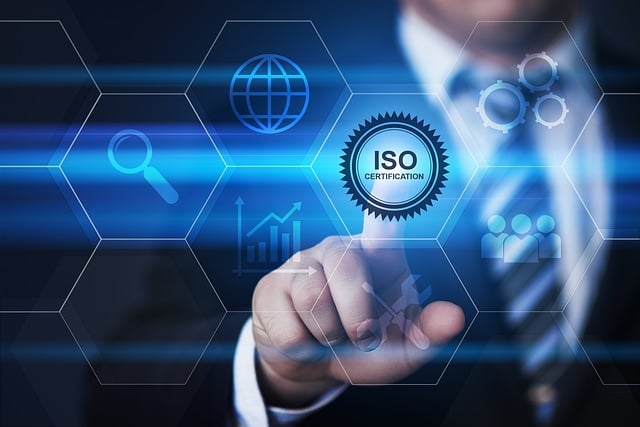
When it comes to compliance certificate translation services, especially in the UK, ensuring accuracy is paramount. Reputable translation companies employ rigorous Quality Assurance (QA) processes to guarantee that translations meet the highest standards. These processes often involve multiple stages of review and editing by expert linguists who specialize in the specific field of certification documents.
In addition to human review, advanced technology plays a crucial role. Automated tools are used for initial quality checks, identifying potential errors related to grammar, syntax, or terminology consistency. Specialized software can also ensure that translations adhere to formatting requirements and the original document’s layout, preserving the integrity of the compliance certificate throughout the translation process.
Case Studies: Successful UK Compliance Certificate Translation Projects

In the dynamic landscape of global business, accurate compliance certificate translation services have become indispensable for organizations in the UK seeking to expand their reach. Case studies illustrate successful projects where professional translators have seamlessly navigated complex regulatory languages and terminologies, ensuring certificates adhere to both local standards and international requirements. These projects span diverse sectors, from healthcare and finance to technology and manufacturing, highlighting the versatility of compliance certificate translation services.
For instance, a leading pharmaceutical company faced the challenge of translating numerous safety and efficacy certificates into multiple European languages. A specialized UK translation service stepped in, employing experts with deep knowledge of pharmacological terminology and regulatory frameworks. The result was not only precise translations but also a consistent, high-quality standard that maintained the integrity of the original documents. This success story underscores the importance of leveraging expert resources to navigate the intricate world of compliance certificates, ensuring both legal validity and linguistic excellence across diverse markets.
Common Mistakes to Avoid During the Translation Process

During the translation process for compliance certificates, there are several common mistakes that organizations in the UK often make. One of the most frequent errors is relying on machine translations, which can result in inaccurate or culturally insensitive language. Compliance certificates require precise and nuanced phrasing to convey regulatory requirements effectively, something that automated tools may struggle with.
Another mistake is neglecting to have translated documents reviewed by subject matter experts. Without expert knowledge in the field, crucial details might be overlooked or misinterpreted. This is especially critical for compliance certificates as they often involve complex legal and technical terminology. Always engage professional translators who specialize in regulatory documentation to ensure accuracy and avoid potential issues with authorities.
Future Trends in Global Compliance Certificate Management
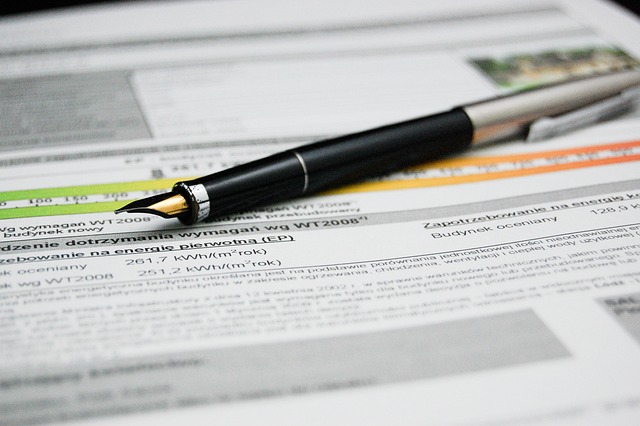
With the global economy becoming increasingly interconnected, the demand for accurate and reliable compliance certificate translation services is on the rise. In the UK, where a robust regulatory framework governs various industries, ensuring precise documentation is paramount. Future trends in global compliance certificate management will likely centre around technology integration and digitalisation. Artificial Intelligence (AI) and Machine Translation (MT) are set to play significant roles, enhancing speed and accuracy in processing certificates. These technologies can handle large volumes of documents, reduce human error, and enable faster turnaround times, especially for international businesses operating across multiple jurisdictions.
Moreover, blockchain technology might emerge as a game-changer, offering secure and transparent methods to verify and track compliance certificates. This could streamline processes, improve data integrity, and foster trust among stakeholders. As globalisation continues, so does the need for dynamic solutions to meet the evolving requirements of compliance certificate management. UK-based translation services that stay ahead of these trends will be instrumental in facilitating smoother cross-border transactions and ensuring businesses remain compliant in an ever-changing regulatory landscape.
Accurate compliance certificate translation is paramount for navigating regulated environments globally. As these documents carry significant legal weight, it’s essential to trust professional translation services that understand the nuances of both language and law. By combining advanced technologies with human expertise, reputable providers ensure quality assurance and maintain the integrity of vital certifications. When selecting a translator, consider experience, specialized knowledge, and robust QA processes. Leveraging these best practices fosters seamless global compliance, preventing costly mistakes and ensuring regulatory adherence. For UK-based organizations, access to reliable translation services is readily available, enabling efficient management of international compliance requirements.
